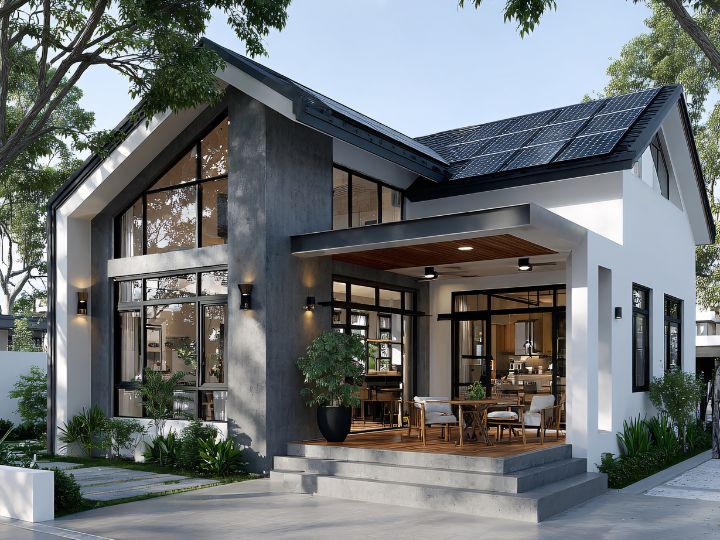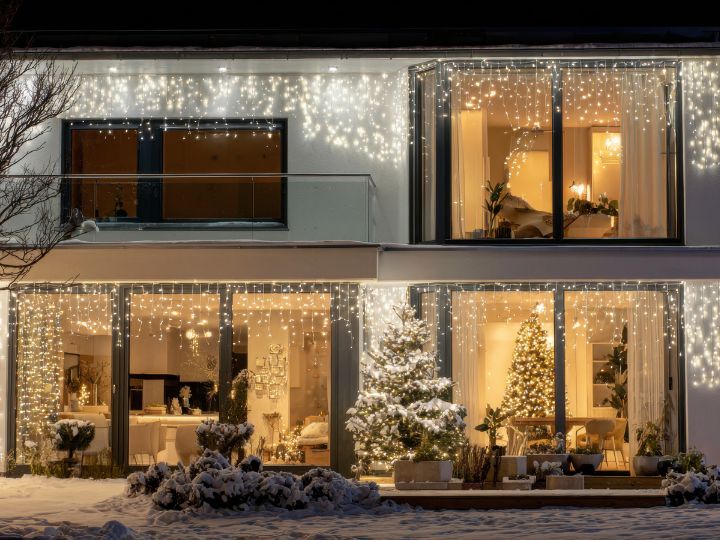
Brightening Your Kitchen: Innovative Lighting Design Ideas

Lighting is a transformative element in kitchen design, influencing both functionality and atmosphere. A well-lit kitchen not only enhances visibility but also sets the tone for the space. To help you create a vibrant and inviting kitchen, here are some innovative lighting design ideas, complete with tables for practical guidance.
Key Types of Kitchen Lighting
Understanding the three main types of kitchen lighting can help you design a well-rounded lighting scheme:
- Ambient Lighting: Provides general illumination for the entire kitchen, ensuring a uniform level of light throughout the space.
- Task Lighting: Focuses on specific work areas like countertops and islands, making tasks like cooking and food prep easier and safer.
- Accent Lighting: Highlights design features or architectural elements, adding depth and interest to the kitchen.
Innovative Lighting Ideas
1. Under-Cabinet Lighting
Under-cabinet lighting is a highly effective way to brighten up your countertops and workspaces. LED strips or puck lights mounted underneath your cabinets provide focused illumination where you need it most. This not only makes tasks easier but also adds a sleek, modern touch to your kitchen.
2. Pendant Lighting
Pendant lights are perfect for areas like kitchen islands or dining spaces. They come in a variety of styles, from industrial to contemporary, and can be used to create a focal point in your kitchen. Adjust the height and number of pendants to suit your space and needs.
3. Recessed Lighting
Recessed lighting offers a clean, unobtrusive look and provides even illumination across the kitchen. Installed in the ceiling, recessed lights can be used to complement ambient lighting or focus on specific areas. Their minimal design makes them ideal for modern kitchens.
4. Track Lighting
Track lighting is versatile and customizable, allowing you to direct light to different parts of your kitchen. Adjustable tracks and fixtures can be repositioned to highlight specific features or areas, offering flexibility in your lighting design.
5. Smart Lighting
Smart lighting solutions enable you to control your kitchen lights via smartphone apps or voice commands. With options for adjusting brightness and color temperature, smart lights can enhance convenience and energy efficiency, while also providing a modern touch.
6. Chandeliers
For a touch of elegance and sophistication, consider adding a chandelier above your kitchen island or dining table. Chandeliers can serve as both a functional light source and a statement piece, elevating the overall look of your kitchen.
7. Glass Pendant Lights
Glass pendant lights offer a stylish, airy look that complements various kitchen designs. Available in different shapes and finishes, these lights can add a touch of sophistication and illuminate your space beautifully.

Additional Tips for Effective Kitchen Lighting
1. Layer Your Lighting
Combining ambient, task, and accent lighting creates a balanced and functional kitchen environment. Layering different types of lighting allows you to adjust the mood and functionality based on your needs.
2. Choose the Right Color Temperature
Select lighting with a color temperature that complements your kitchen’s design. For a warm, cozy feel, opt for lights with a lower color temperature (2700K-3000K). For a brighter, more vibrant atmosphere, choose higher color temperatures (3500K-5000K).
3. Focus on Energy Efficiency
Opt for energy-efficient lighting options like LEDs and CFLs to reduce energy consumption and lower utility bills. These bulbs have a longer lifespan and consume less power compared to traditional incandescent bulbs.
4. Use Dimmers
Installing dimmer switches allows you to adjust the brightness of your lighting based on the time of day or activity. This flexibility enhances both functionality and ambiance in your kitchen.
5. Incorporate Natural Light
Maximize natural light by keeping windows unobstructed and using reflective surfaces to amplify sunlight. Natural light enhances the overall brightness and can reduce the need for artificial lighting during the day.
Conclusion
Innovative lighting design can significantly enhance the functionality and aesthetic appeal of your kitchen. By incorporating a mix of ambient, task, and accent lighting, and exploring creative options like under-cabinet lights and smart lighting, you can create a bright, inviting, and stylish kitchen space. For personalized advice and expert assistance with your kitchen lighting design, contact us today. Let’s illuminate your kitchen and make it shine!
Latest Blogs
Transform your dream home into reality with our premier renovation services!
Book a call with us today and let's create the perfect space tailored just for you.

.svg)
.svg)



